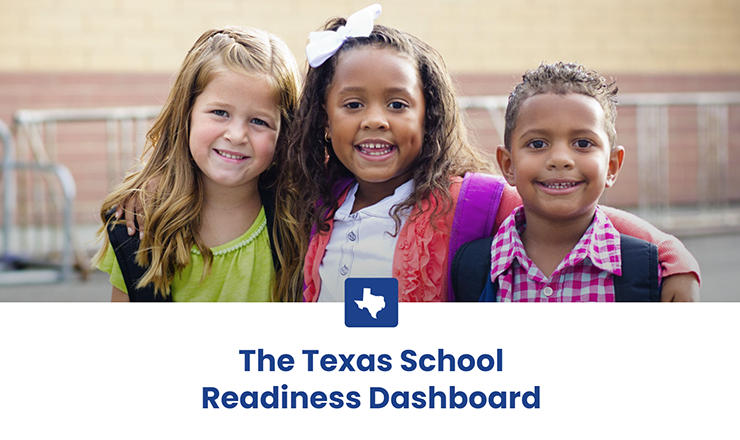National analysis for resources available for children 3 years old and under has placed North Carolina among the worst five states in the nation.
The data gathering happened after lawmakers agreed to Medicaid expansion but before its enactment. This means that next year, the ranking is likely to be better as was the case for South Dakota this year.
The Prenatal-to-3 Policy Impact Center at Vanderbilt University ranked all 50 states and the District of Columbia. The ranking does not reflect individual hospitals and their performance; rather, its equation “combines a state’s minimum wage, paid family leave, out-of-pocket child care expenses, nutrition benefits, and federal and state income taxes and credits to illustrate how the minimum level of resources available to a stylized family varies across states.”




